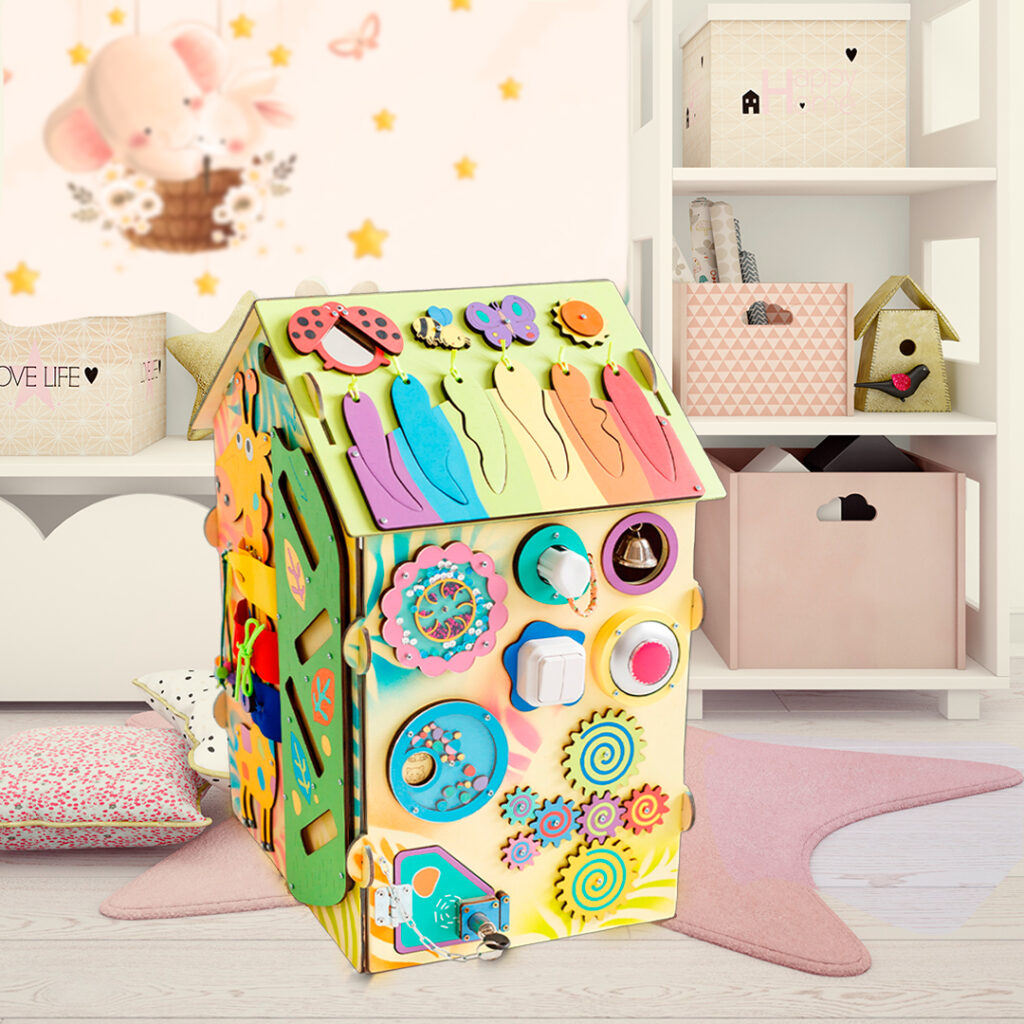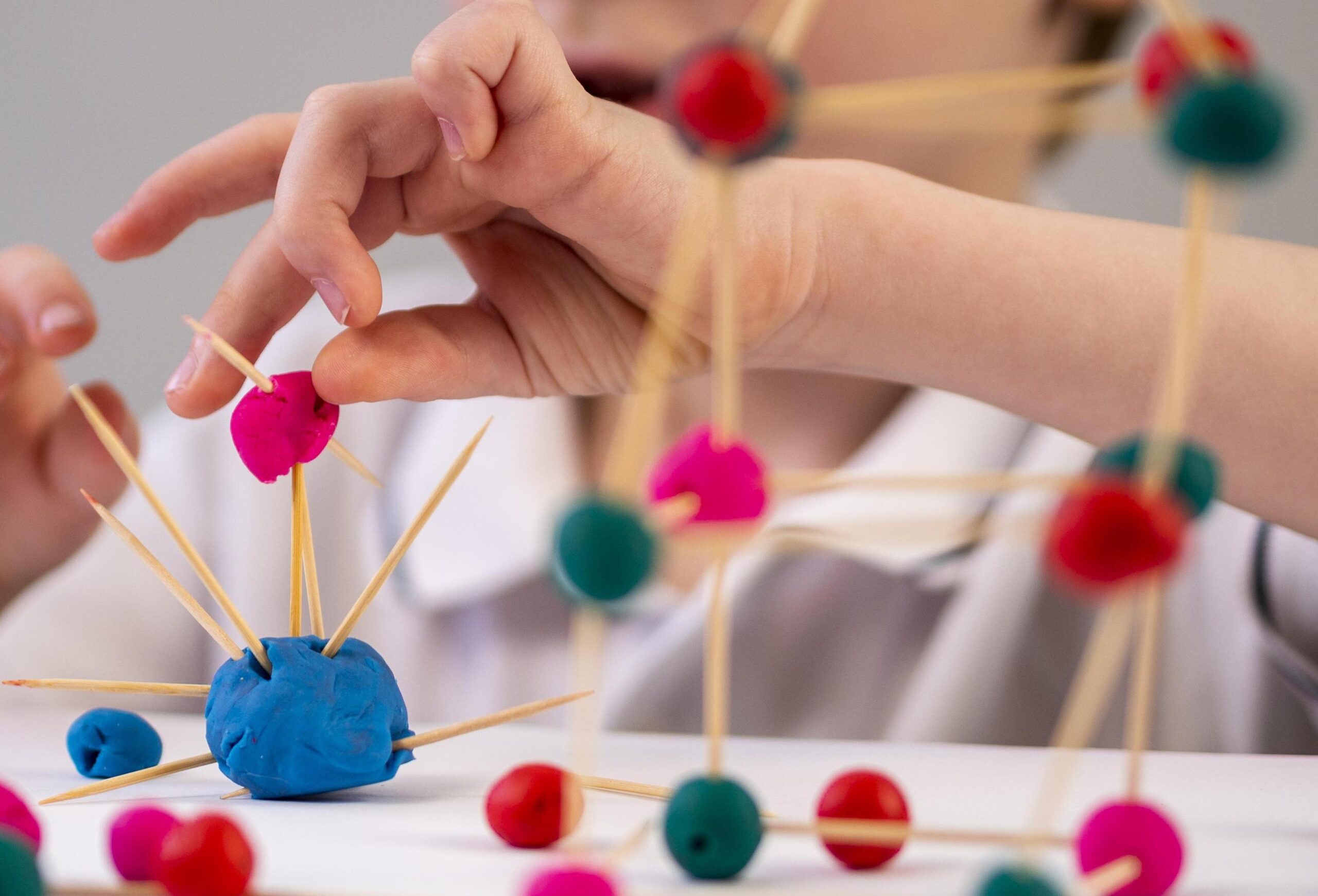As a mom, you’re always looking for new ways to raise your child and ensure they grow up to be happy, healthy, and well-adjusted adults. One approach that has been around for decades is the Montessori method of teaching. But, does it still work in today’s fast-paced world?
The Montessori method, developed by Dr. Maria Montessori in the early 20th century, is based on the idea that children learn best through self-directed play and hands-on activities. It emphasizes independence, choice, and respect for a child’s unique developmental needs.

One of the key principles of Montessori education is the use of a prepared environment. This means the classroom is set up in a way that allows children to easily access materials and engage in self-directed activities. This is still very relevant in today’s times. This approach gives children the freedom to explore and learn at their own pace, which helps to foster a love of learning.
Another key aspect of Montessori education is the focus on practical life skills. Children are encouraged to help with tasks such as cooking, cleaning, and gardening. This not only helps them to learn valuable life skills but also helps to develop independence, self-care, and confidence.
If you are interested in toys based on the Montessori approach, just take a look at the busy toys in the BUSYTOPIA.COM catalog.
You may be interested – Busy House Space (Illuminated):
Montessori Method for Babies and Toddlers: Supporting Natural Development and Building Strong Relationships
When it comes to very young children (from 0 to 2 years old), the Montessori method also emphasizes the importance of respecting the child’s natural development. This includes providing a safe and stimulating environment for infants and toddlers to explore and learn through their senses.
Montessori education also focuses on building strong relationships with caregivers to provide a sense of security and trust, which is crucial for the child’s emotional and cognitive development.
Montessori materials designed for the appropriate age group are often simple, natural, and devised to support the child’s natural curiosity and desire to explore the world around them.
Additionally, the Montessori approach for the age group from 0 to 2 years places a strong emphasis on the development of gross and fine motor skills, language and communication skills, and social and emotional development.
Montessori Education: A Proven Method for Success in Today’s World
One of the main criticisms of the Montessori method is that it’s not as structured as other approaches to education.
However, in today’s fast-paced world, the Montessori approach’s flexibility can be seen as an advantage. It allows children to learn at their own pace and in their own way, which is more in line with the way children learn today.
The Montessori method of education has stood the test of time. Its focus on a prepared environment, hands-on activities, and practical life skills is still very relevant today. The Montessori approach’s flexibility and child-centered approach can be seen as an advantage in today’s fast-paced world. It’s important to remember that every child is unique, and you as a parent, know better what works for your child.
As a mom, you’re always looking for new ways to raise your child and ensure they grow up to be happy, healthy, and well-adjusted adults. One approach that has been around for decades is the Montessori method of teaching. But, does it still work in today’s fast-paced world?
The Montessori method, developed by Dr. Maria Montessori in the early 20th century, is based on the idea that children learn best through self-directed play and hands-on activities. It emphasizes independence, choice, and respect for a child’s unique developmental needs.
One of the key principles of Montessori education is the use of a prepared environment. This means the classroom is set up in a way that allows children to easily access materials and engage in self-directed activities. This is still very relevant in today’s times. This approach gives children the freedom to explore and learn at their own pace, which helps to foster a love of learning.
Another key aspect of Montessori education is the focus on practical life skills. Children are encouraged to help with tasks such as cooking, cleaning, and gardening. This not only helps them to learn valuable life skills but also helps to develop independence, self-care, and confidence.
If you are interested in toys based on the Montessori approach, just take a look at the busy toys in the BUSYTOPIA.COM catalog.
Montessori Method for Babies and Toddlers: Supporting Natural Development and Building Strong Relationships
When it comes to very young children (from 0 to 2 years old), the Montessori method also emphasizes the importance of respecting the child’s natural development. This includes providing a safe and stimulating environment for infants and toddlers to explore and learn through their senses.
Montessori education also focuses on building strong relationships with caregivers to provide a sense of security and trust, which is crucial for the child’s emotional and cognitive development.
Montessori materials designed for the appropriate age group are often simple, natural, and devised to support the child’s natural curiosity and desire to explore the world around them.
Additionally, the Montessori approach for the age group from 0 to 2 years places a strong emphasis on the development of gross and fine motor skills, language and communication skills, and social and emotional development.
